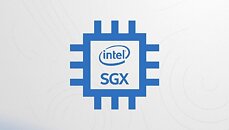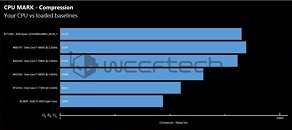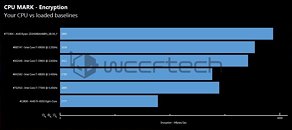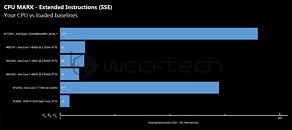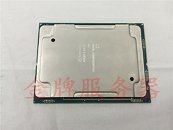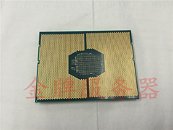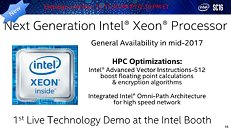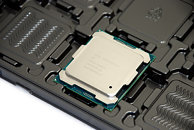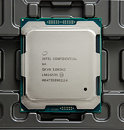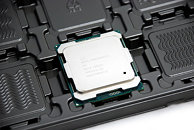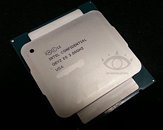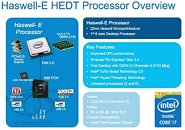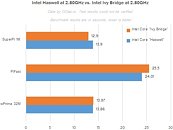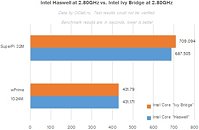
AMD Ryzen 7 8700GE Engineering Sample Compared to Standard 8700G APU
Last week, AMD's Ryzen 8000GE desktop APU lineup appeared online—four lower power (TDP of 35 W) SKUs are set to join the already released 65 W TDP AM5 "Hawk Point" family. GucksTV has acquired a flagship 8000GE model, albeit in engineering sample form—a Hong Kong-based Ebay Store lists "AMD Ryzen 7 8700GE ES Tray" processors. At the time of writing only one unit remains in stock, priced at $298.99 with the option for free international delivery. The "hugohk" shop appears to specialize in supplying all sorts of Team Red engineering sample CPUs. GucksTV's German language video review pitches the Ryzen 7 8700GE engineering sample against the finalized retail release Ryzen 7 8700 APU.
AMD has not made any official release date announcements regarding the leaked Ryzen 8000GE range, but VideoCardz believes that "expectations are high that these variants will hit the market soon through system integrators." The GucksTV comparison video shows that: "On average, the single-core of 8700GE performance drops by 5%, while multi-core is 17% below 8700G. For graphics, that's a 23% average drop in performance while requiring 52% less power." The reviewer noted that his engineering sample was not allowing access to memory OC profiles, until a motherboard BIOS update was implemented (most likely via Beta firmware)—granting 6400 MT/s instead of the normal JEDEC rate of 5200 MT/s. The test platform utilized an ASRock A620I Lightning WiFi Mini-ITX mainboard—finalized Ryzen 7 8700GE APUs could be ideal candidates for usage in quiet/low temperature compact form factor systems.
AMD has not made any official release date announcements regarding the leaked Ryzen 8000GE range, but VideoCardz believes that "expectations are high that these variants will hit the market soon through system integrators." The GucksTV comparison video shows that: "On average, the single-core of 8700GE performance drops by 5%, while multi-core is 17% below 8700G. For graphics, that's a 23% average drop in performance while requiring 52% less power." The reviewer noted that his engineering sample was not allowing access to memory OC profiles, until a motherboard BIOS update was implemented (most likely via Beta firmware)—granting 6400 MT/s instead of the normal JEDEC rate of 5200 MT/s. The test platform utilized an ASRock A620I Lightning WiFi Mini-ITX mainboard—finalized Ryzen 7 8700GE APUs could be ideal candidates for usage in quiet/low temperature compact form factor systems.


























